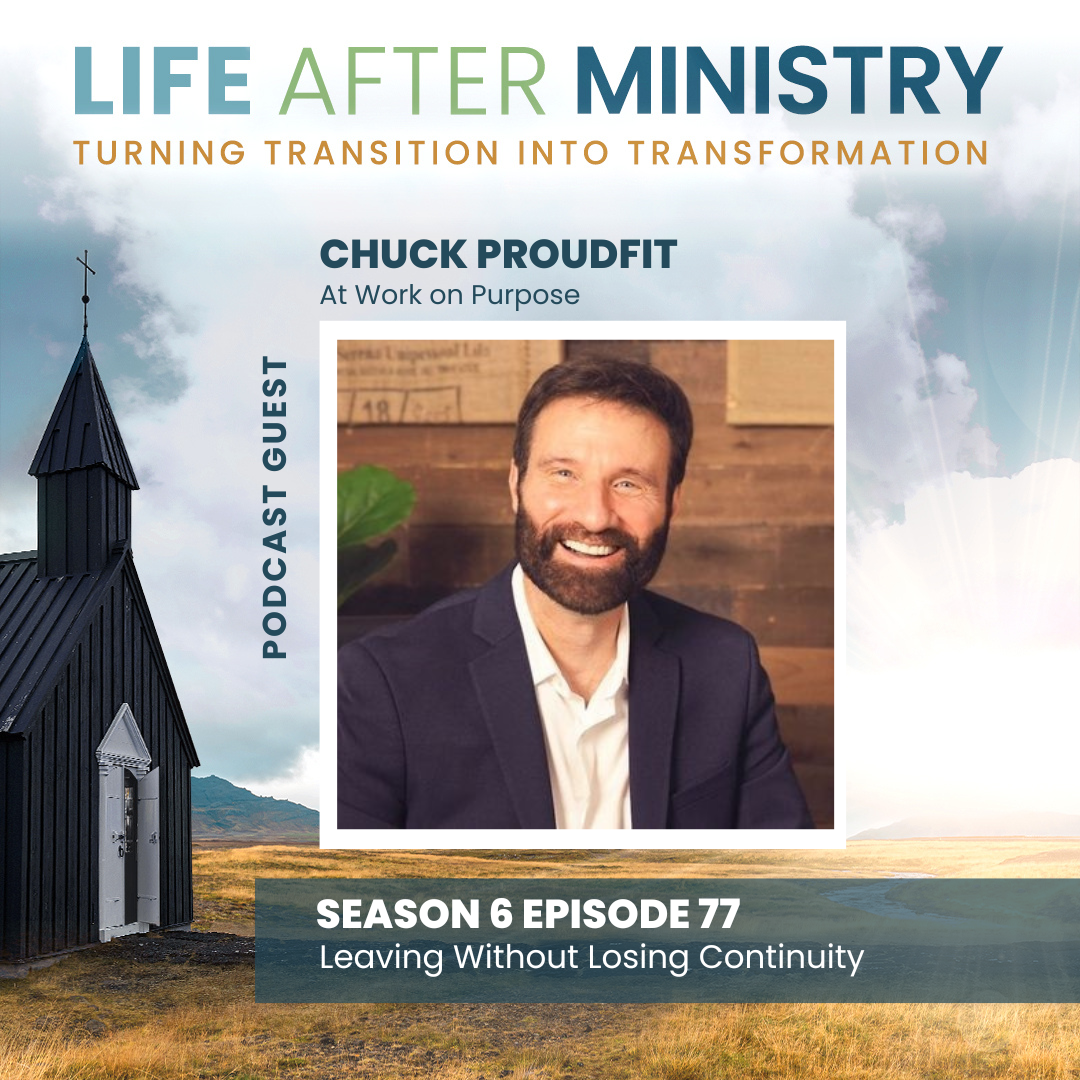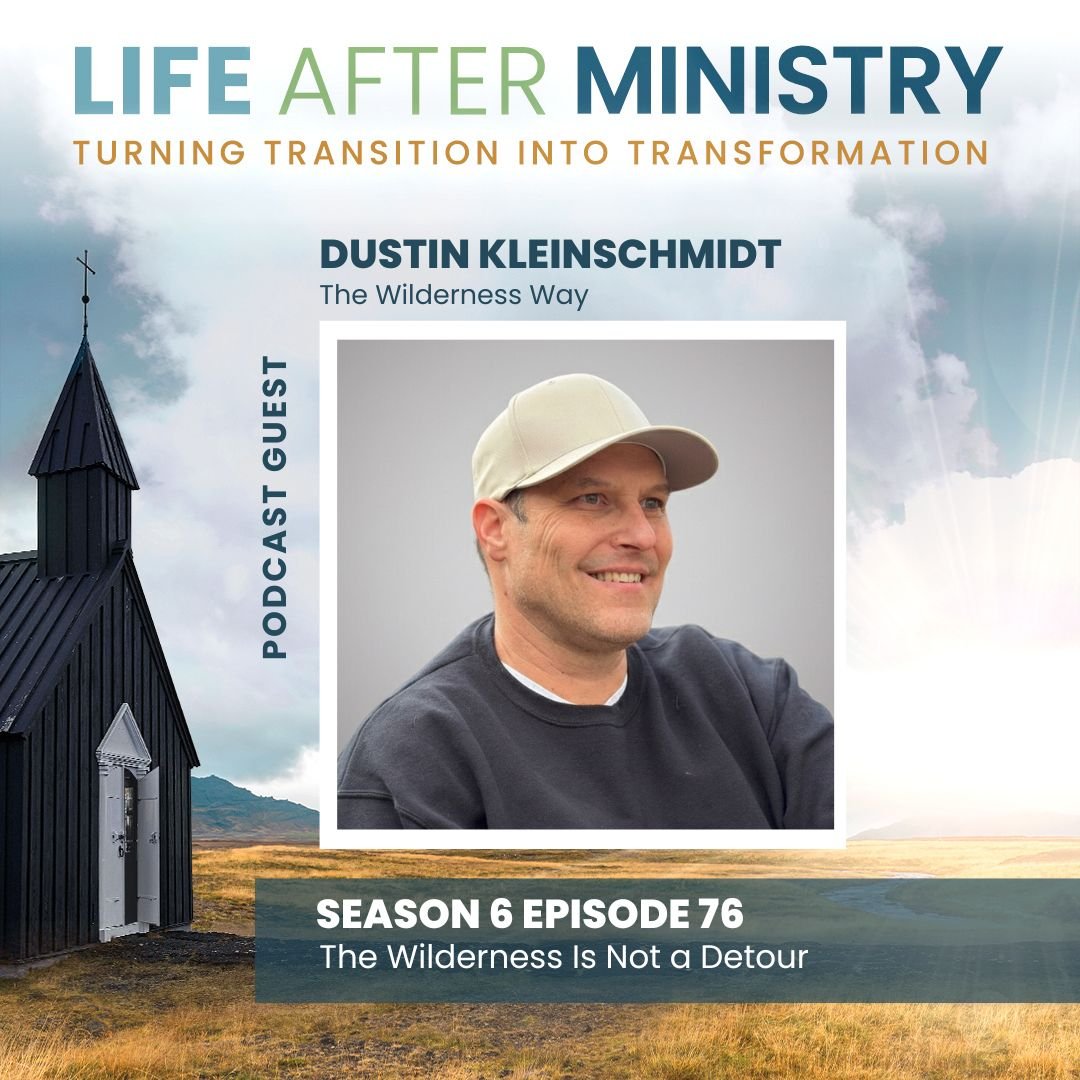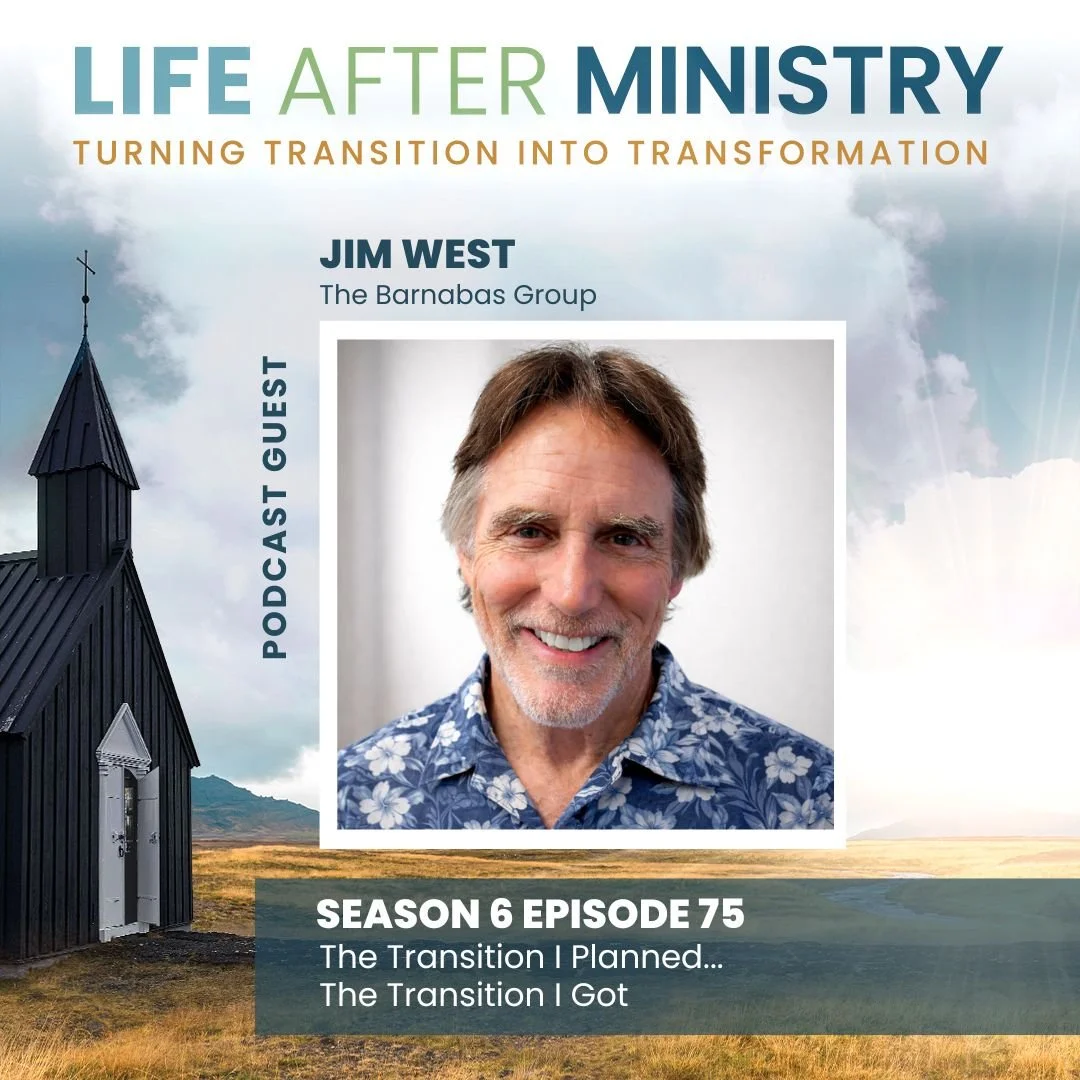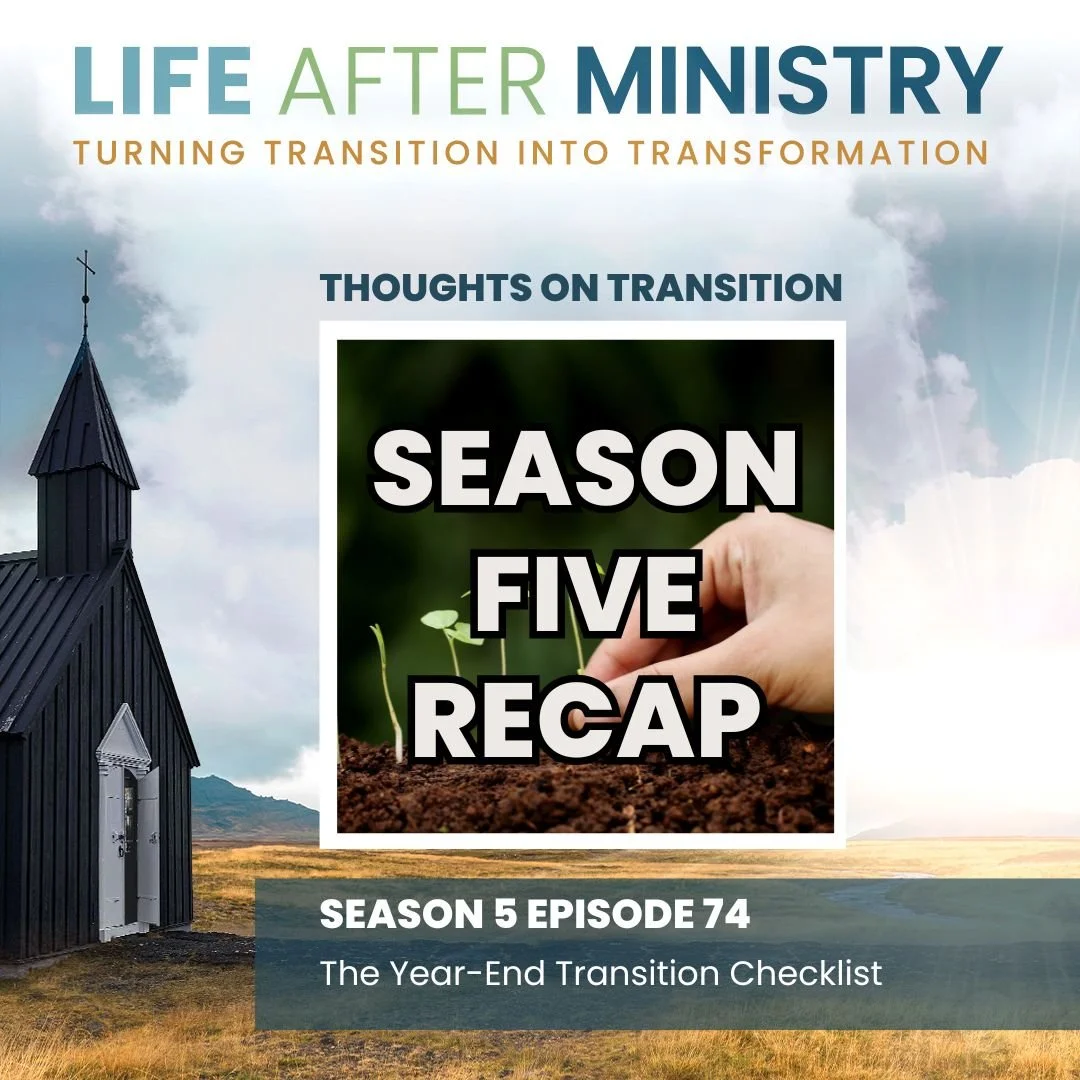The Quiet Work of Finishing Well: Margin, Influence, and Intentionality for a Leader’s Fourth Quarter
There’s a unique kind of silence that finds leaders in midlife. The applause gets thinner. The calendar is still full, yet the fruit feels lighter in the hand. The role that once made sense begins to rub. Most of us try to outrun that silence. We add a new project or take a bigger title. Yet the wisest leaders I know choose to listen. They turn toward the quiet and ask the questions that success delayed. Who am I now? What has God actually entrusted to me? Where is my courage being tested, and why?
The Scriptures are strangely practical about this. When Moses speaks to a people on the edge of a new season, he says, “Teach us to number our days that we may gain a heart of wisdom” (Psalm 90:12). Numbering our days is not morbid. It is a way of bringing reality to the surface so our loves can be reordered. A leader who learns to number days does not cling to roles that no longer fit. They cling to the God who calls.
This article is about finishing well. Not a strategy for exit. A way of inhabiting the years that remain. If you are in your fifties or sixties, you are not late. You are on time. The fourth quarter is not about hanging on. It is about attention, courage, and generosity. Three practices shape that kind of life: margin, influence, and hyper-intentional living. These are not techniques. They are ways of loving God and neighbor with a seasoned heart.
Margin: Creating Space for Love to Do Its Work
Margin is unused capacity in the places that matter most. Health. Time. Money. It is not hoarding. It is stewardship for a mission. In the Gospels, Jesus often withdraws to lonely places to pray. He refuses to be ruled by the urgent. Love needs space to breathe. Many leaders enter their later years with a crowded life and a thin soul. The calendar reveals it. The decisions reveal it. Without margin we cannot respond to God’s invitations, because every invitation sounds like a threat to our already fragile balance.
Health margin means we honor limits. We eat, sleep, and move in ways that serve our assignment rather than sabotage it. Time margin means we keep a sabbath rhythm and stop pretending productivity is fruitfulness. Financial margin means we live beneath our means so generosity can be real. Leaders often ask for a map to purpose, yet the first step is almost always subtraction. We make room.
Margin is not an end. It is a runway. Think of the leader who senses it is time to mentor more personally, to shift from platform to people. That shift will never happen if every evening is booked or if debt demands every decision. Margin becomes a declaration of trust: God, I will carry less so I can carry what You actually gave me.
Influence: Stewarding a Voice, Not Protecting a Brand
Influence, in the fourth quarter, is different than in the first. Early influence comes from energy and access. Later influence comes from presence and faithfulness. People listen to leaders who have suffered well, apologized without spin, and kept their promises when no one watched. We don’t chase that kind of influence. We become the sort of person who can hold it.
The New Testament frames influence as service. Paul tells the Thessalonians, “We were gentle among you, like a nursing mother taking care of her own children” (1 Thess. 2:7). That picture is as unglamorous as it is costly. Seasoned leaders can uniquely carry that gentleness. They have already learned that outcomes are not their identity. Their voice becomes weighty because it is clean. One conversation can realign a younger leader’s trajectory. One introduction can open a door that striving never could.
If you want durable influence, invest where you have been entrusted. People over platforms. Rooms you can shape over rooms you can merely visit. Tell the truth kindly. Keep confidences. Bless in private more than you speak in public. Over time, you will wake up and realize your voice still matters, not because you demanded it, but because you served others when it cost you.
Hyper-Intentional Living: Refusing the Drift
There comes a time when leaders can no longer afford “good things” that dilute the one thing. Hyper-intentional living is not about control. It is about consent. We consent to the assignment God is actually giving, not the assignment that flatters us. That requires saying no to meetings that soothe our ego and yes to obscurities that serve our purpose.
A useful exercise: write two lists. On one, “What gives life in my current week.” On the other, “What quietly empties me.” Patterns will surface. Most leaders discover that their best contribution comes in a narrow set of activities: deep preparation that serves people, honest one-on-ones, creative problem solving, intercession that births wisdom. When you see it, protect it. Rearrange your week so the life-giving work is not leftover work.
Hyper-intentional living also acknowledges season. Ecclesiastes says there is “a time to plant, and a time to pluck up what is planted” (3:2). Fourth-quarter leaders often have to uproot habits that made sense decades ago. Some will keep a fee-based practice for a time, then pivot to pro bono service so money no longer drives the calendar. Others will stay employed yet carve sacred hours to build what is next. You are free to design a humane life that honors God and serves people. The only non-negotiable is drift. Drift is slow disobedience.
A Theology for the Desert of Not Knowing
Many leaders long for epiphany. One moment. One word. One door. Sometimes it comes. More often, purpose is revealed through faithful steps in a fog. God seems content to form us in the desert. He lets us feel our need until we are ready to receive a calling we would have rejected in our strength. Israel learned this in the wilderness. Jesus embraced it in the quiet years before public ministry. The desert is not punishment. It is preparation.
So if you are waiting, do not waste the waiting. Establish a small rule of life. Morning prayer before phone. One weekly fast from inputs so you can hear your own soul. A monthly conversation with a trusted elder who will not flatter you. A quarterly retreat day where you write, “Lord, what have You entrusted to me now.” Keep asking. Keep obeying the next thing. Over time, the fog thins. You will not notice it at first. Then you will.
Courage for the Numbers
Faith and numbers are friends. If transition is ahead, set real targets. What do you actually need to earn. What savings would give your family peace. What expenses can you shed to buy time. These are not unspiritual questions. They are ways of loving your spouse and telling the truth. Some leaders will experiment in the margins of Fridays and Saturdays. Some will build a three-month cushion and make a clean move. There is no single template. There is only wisdom and honesty.
If you feel shame around money, remember Paul’s tentmaking was not a compromise. It was a strategy that protected both the message and the messenger. Generosity thrives when finances are clear. You will be freer to bless people, take calls at inconvenient hours, and make introductions with no strings when you are not strangled by your own budget.
Guarding the Heart
All of this finally returns to the heart. Scripture warns that from the heart flow the springs of life. Fourth-quarter leaders are vulnerable in two directions. Nostalgia tempts us to curate the past and resent the present. Cynicism tempts us to explain away wonder so we never risk again. Guarding the heart means staying soft. Keep repenting. Keep receiving. Keep tears close. Ask trusted friends to tell you when ambition is dressing up as service.
And remember this: the people are the point. You will not remember most of your programs. You will remember the baptisms, the prayers whispered at hospital beds, the reconciliations no one saw, the late-night calls when your calm voice stilled a storm. Those memories are the true resume. They will carry you when the role changes and the title shifts.
A Gentle Invitation
If you are in transition, you are not failing. You are being invited to live your calling with new clarity. Build margin so you can respond. Steward influence as a gift for others. Live with intention so drift doesn’t decide your life for you. Number your days. Then spend them freely.
If you want company on the road, our team walks with leaders through transition, termination, and succession. We do it quietly and with care. When you are ready, listen to the full conversation that inspired these reflections. It may be a steadying voice for your next step. (Themes drawn from our interview on finishing well, discovering a “particular purpose,” and shaping a fourth-quarter life.)
With 25+ years in faith-based executive leadership, Matt Davis knows the wins, the losses, and everything in between. As Executive Pastor, he led a team of 140+, tackling the challenges that come with big vision and real impact. As President of Ministry Transitions, he guides churches through tough leadership changes. Matt and his wife, Marilee, host the Life After Ministry Podcast, where they dive into real talk with former pastors who’ve found their kingdom assignment beyond church walls - unfiltered stories of grit, growth, and God’s purpose beyond the pulpit.







